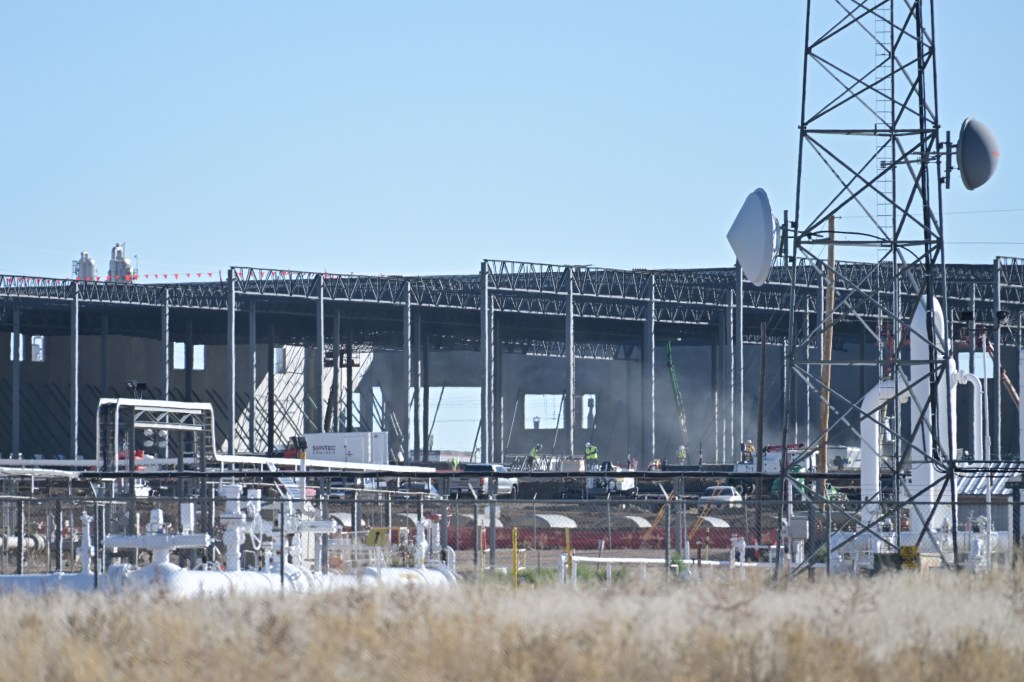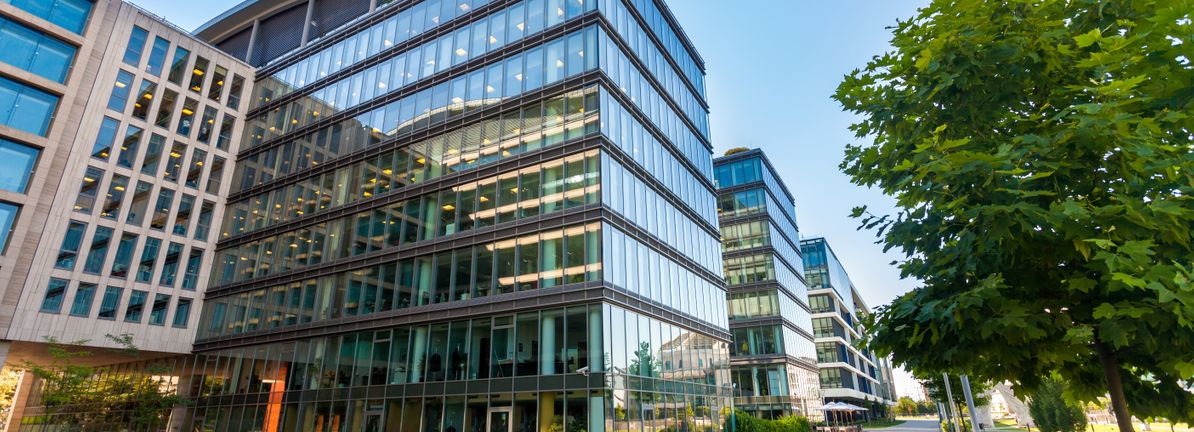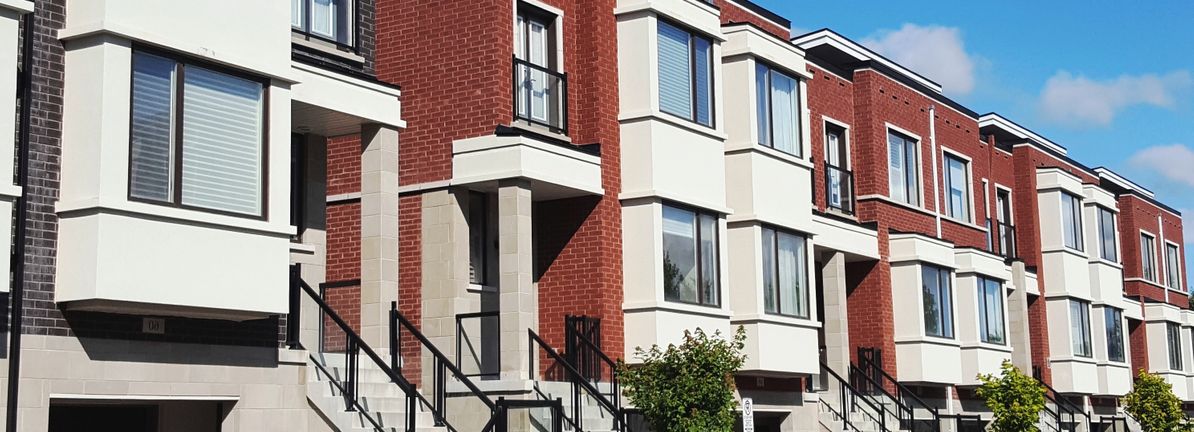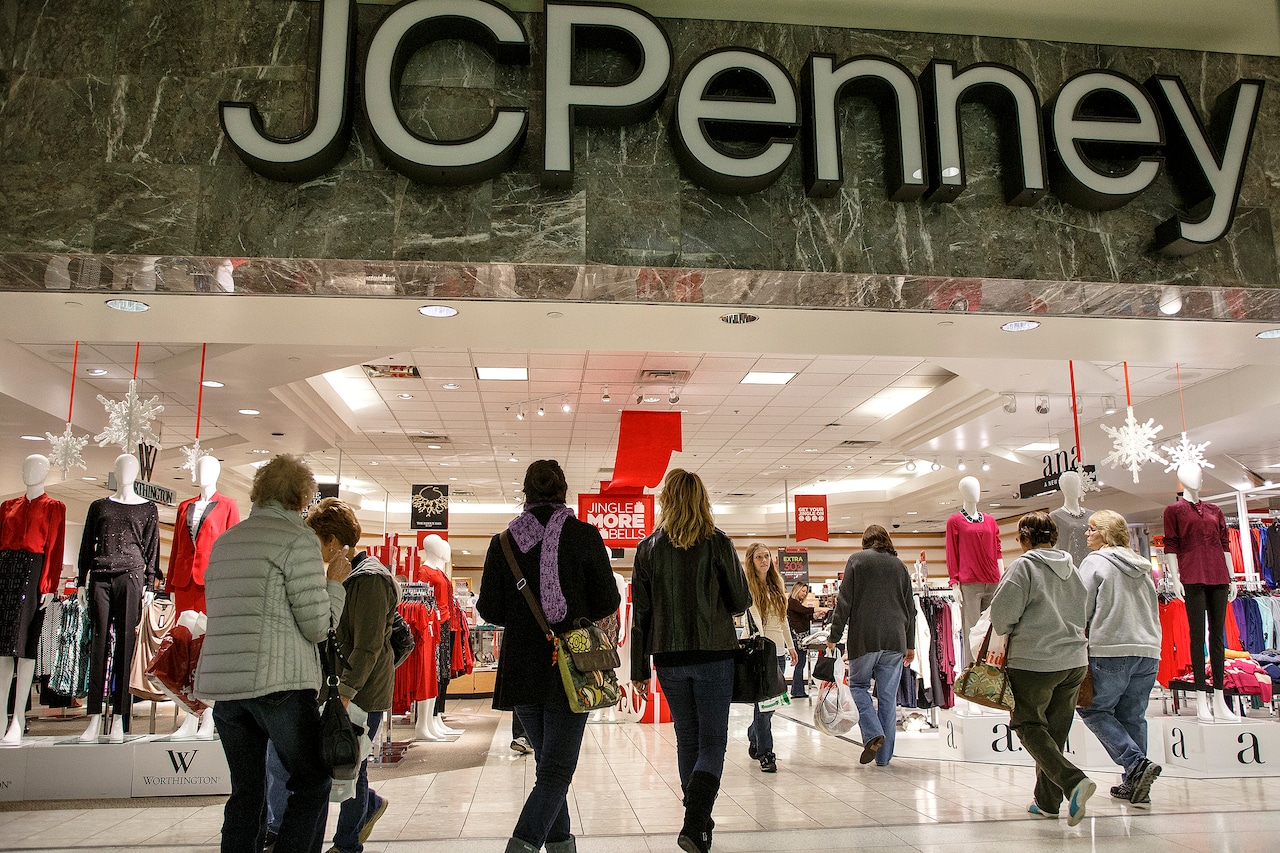D
enver’s industrial scene is accelerating again after a brief pause last quarter. National brokers CBRE and JLL reported that more than 2 million square feet of warehouse and industrial space was leased in Q3, driven by large tenant agreements and a surge in demand for custom‑built facilities. At the same time, the amount of industrial space under construction has fallen to its lowest level in ten years, with only 3.3 million square feet in the pipeline—down 1.5 million from the previous quarter.
The rebound is largely thanks to PepsiCo’s new bottling plant near Denver International Airport, which occupies 1.2 million square feet. The company’s completion has spurred other major moves: Trader Joe’s bought the Lovett 76 Logistics Center, and CEMCO secured a site in Commerce City along I‑76. These acquisitions, along with the finished PepsiCo facility, have tightened supply and given landlords a better chance to fill newly completed spaces.
CBRE notes that year‑over‑year construction activity has dropped nearly 23 %, the lowest since Q4 2015. Yet 41.8 % of the remaining projects are build‑to‑suit or pre‑leased, indicating a shift from speculative builds to tenant‑driven development. Key projects under construction include the Aero 70 complex in Aurora, Catalyst Industrial in Centennial, and the Food Bank of the Rockies distribution center, all slated for early 2026. Philip Morris International is also expected to finish an 800,000‑square‑foot plant in Q4.
Seven new buildings broke ground, totaling 565,000 square feet, while nine projects delivered 2 million square feet with a 59 % pre‑leasing rate. Notable new sites include two build‑to‑suit developments near the airport and in southeast Denver, Hub Arapahoe Buildings 1 and 2 by Jordan Perlmutter & Co., a 54,000‑square‑foot Restaurant Depot site in Broomfield, and a speculative project at 517 S. Arthur Ave. in Louisville.
Overall vacancy in the Denver metro remained steady at 7.6 % in Q3, a slight dip from 7.7 % a year earlier. The market’s resilience is partly due to a broad tenant base that now includes emerging sectors such as health, aerospace, and professional services. These groups demand flexible, custom‑built spaces, pushing developers toward build‑to‑suit projects rather than one‑size‑fits‑all warehouses.
Senior analysts highlight a growing trend: tenants are requesting more improvement allowances for their build‑outs. Landlords are responding with creative incentives—extra renovation funding, free rent periods, and other perks—to secure occupancy amid uncertainty over tariffs and interest rates. This shift reflects a broader move toward tenant‑centric leasing strategies.
WareSpace, a national co‑warehousing firm, is addressing a niche in Denver’s industrial market. Founded in 2018, the company converts large, single‑tenant warehouses into multiple smaller units ranging from 200 to 2,000 square feet. Its latest acquisition—a 129,000‑square‑foot property in Denver’s Park Hill neighborhood—will offer flexible, short‑term leases with office amenities, targeting the growing small‑business segment. WareSpace plans to open a second Denver location in Centennial by December and is eyeing Colorado Springs for future expansion.
Rent trends in Denver show an average of $10.05 per square foot in Q3, up 3.3 % from the previous quarter and 5.2 % year‑over‑year. The southwest metro area experienced the largest quarterly increase, rising 11.3 % to $11.84 per square foot. Leasing volume for the quarter totaled 2.2 million square feet, though year‑to‑date activity has fallen 25.3 % compared to Q3 2024. The average lease size was 41,200 square feet across 48 deals, with RK Industries renewing a 279,000‑square‑foot lease near the airport. The largest move‑outs were OneTouchPoint vacating 84,000 square feet and Whole Foods Market leaving 70,000 square feet at Clarion Gateway Building 3.
Looking ahead, analysts predict limited speculative development this year, with most new projects concentrated in northern and southern Colorado. Markets such as Loveland, Fort Lupton, Johnstown, and Monument are seeing increased activity as developers follow residential shifts northward and southward. The industrial sector’s continued growth, coupled with a tightening supply and evolving tenant demands, positions Denver as a dynamic hub for both large and small industrial operators.












